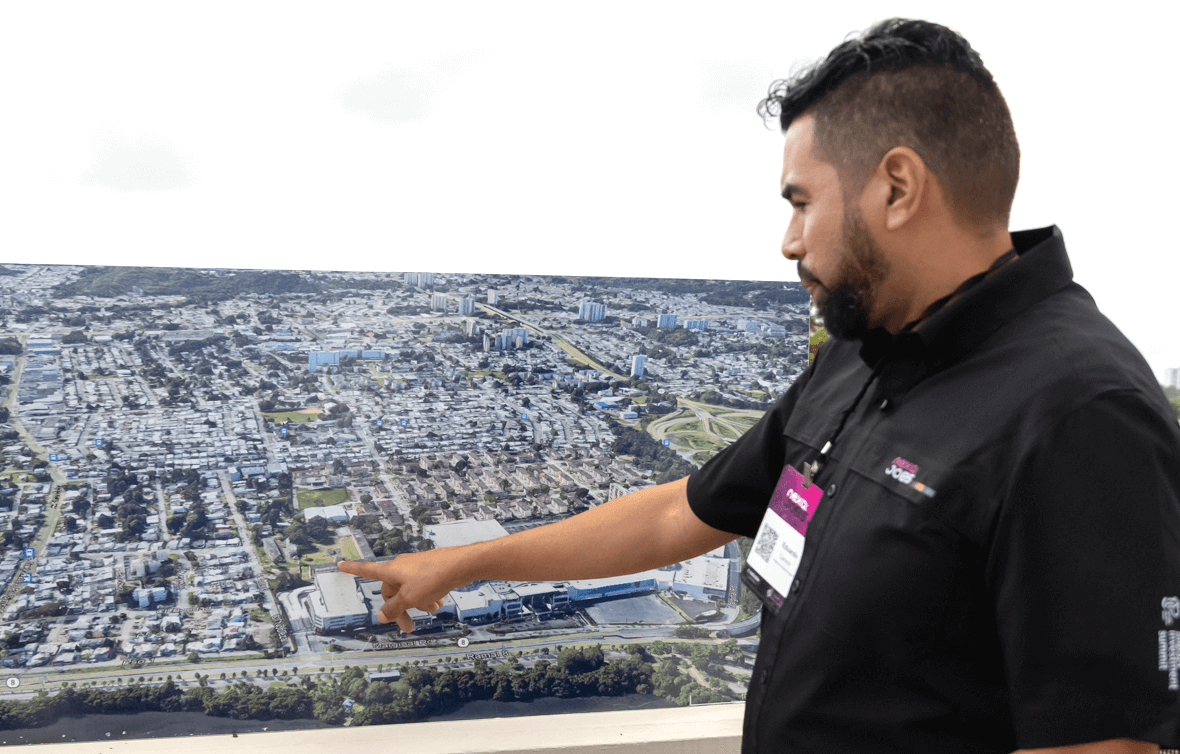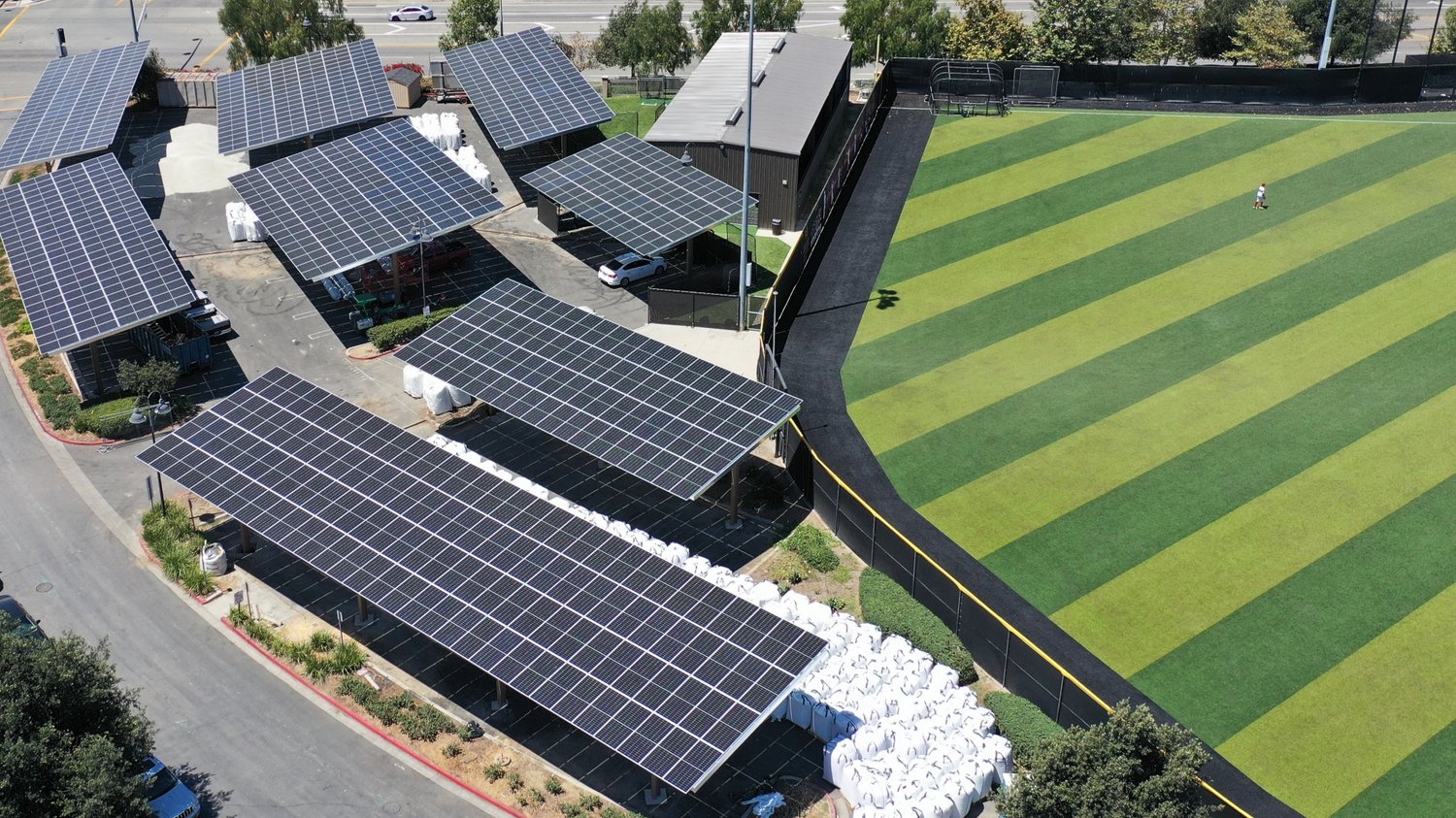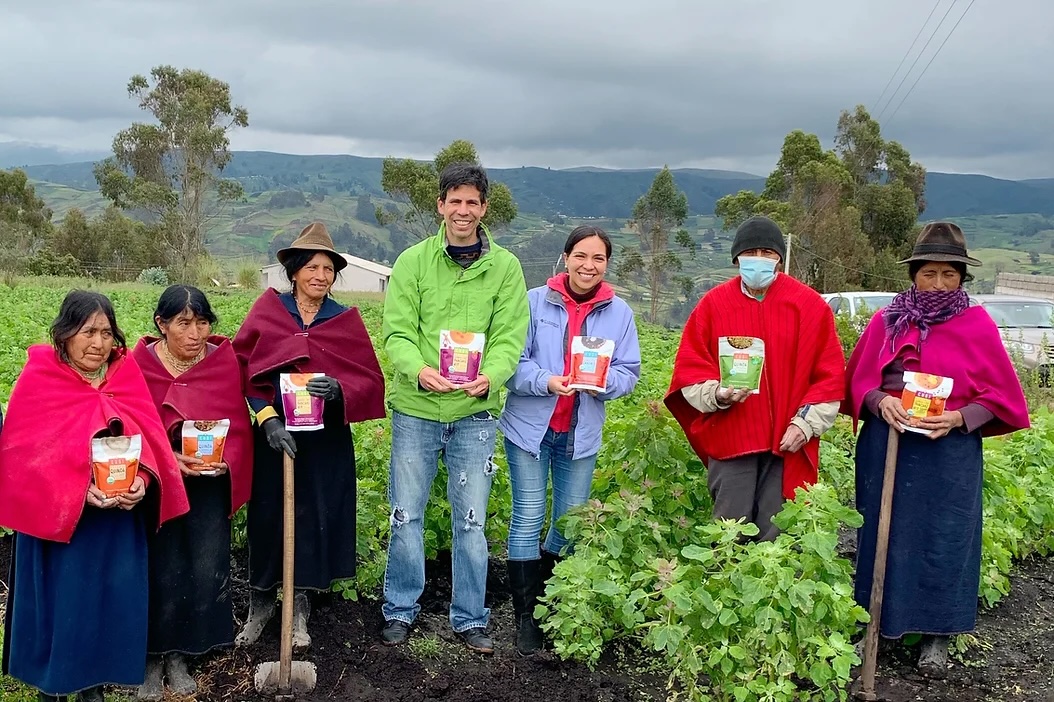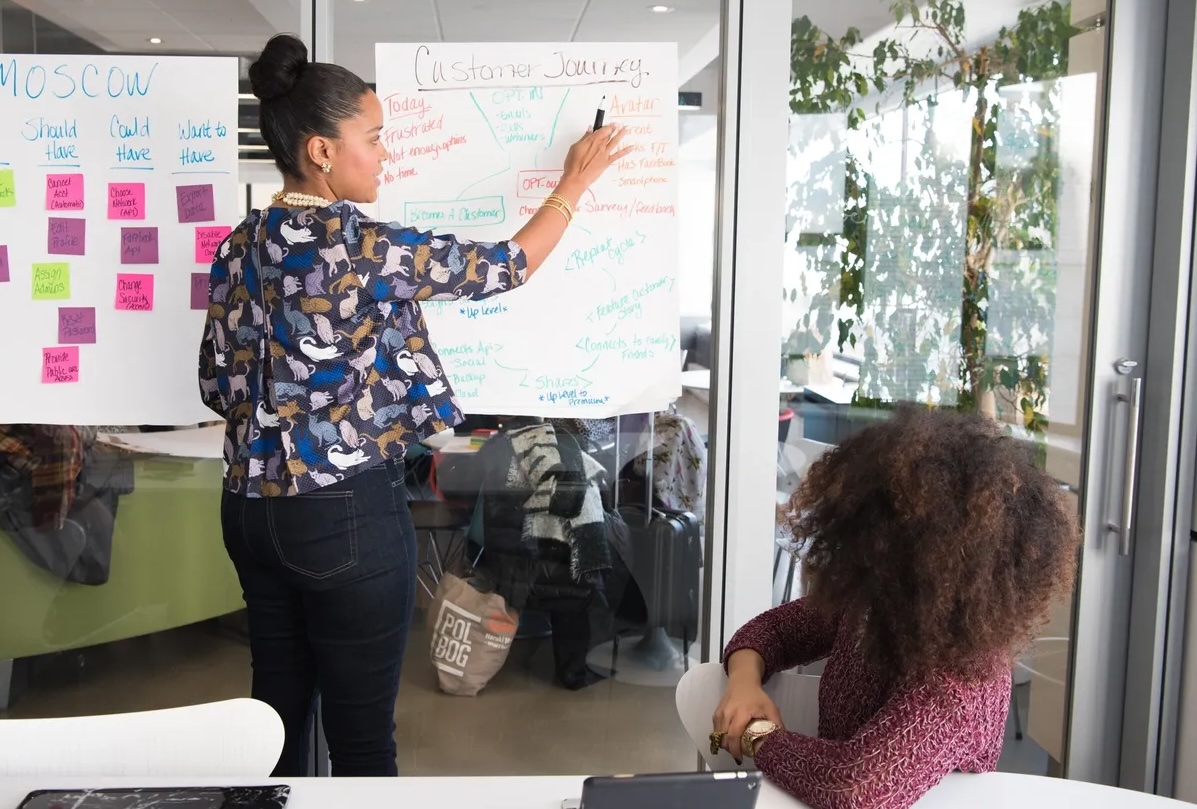This article is part of a partnership between ImpactAlpha and Mission Investors Exchange (MIE) to present new ideas and perspectives in impact investing. The MIE 2024 National Conference takes place May 7-9 in Los Angeles. If you are a foundation or other philanthropic asset owner, learn more about MIE and the National Conference here.
The Annie E. Casey Foundation seeks to build a brighter future for America’s children, youth, families and communities. Impact investments are one of the tools the Foundation uses to pursue this goal. Obstacles to realizing our goal include America’s broken child care system, a crisis highlighted in the 2023 KIDS COUNT® Data Book, the Casey Foundation’s annual assessment of child well-being nationally and state by state.
Inaccessible and unaffordable for too many Americans, the current child care system deprives children of nurturing care and prevents parents from earning money to meet basic needs. Shift workers, single parents, student parents and families of color bear the brunt of the system’s failings. Moreover, child care providers — overwhelmingly female and disproportionately women of color — often do not receive family-supporting pay.
Impact investments can help repair the child care system. The foundation has committed 3% of its $3.4 billion endowment to impact investments, or roughly $100 million. That includes roughly 70% committed as catalytic program-related investments and 30% as market-rate seeking mission-related investments.
The examples from Casey’s program-related investment portfolio below are increasing the availability of quality affordable child care through access to capital, public-private partnerships and technological innovation. Capacity building and technical assistance are critical elements of these investments, ensuring that providers are prepared for growth and able to access additional resources.
Care access real estate
Mission Driven Finance, established in 2016 to connect philanthropy with traditional investments, has invested in small businesses and nonprofits that provide educational programs and services to children, youth and families. The organization recently launched Care Access Real Estate (CARE), a real estate investment trust that is expanding the availability of quality child care, especially for overlooked and under-resourced families and communities.
The challenges to securing affordable, stable spaces for child care programs are significant. They include lack of access to capital, difficulty obtaining proper licensing for facilities and managing relationships with landlords to keep rents affordable. CARE addresses these challenges by purchasing properties for day care centers and home-based child care, which are renovated to meet licensing requirements. CARE then leases these properties to providers and serves as an accommodating landlord.
For example, Nevada is a “child care desert,” where there is only one licensed child care slot for every three children statewide. To address this shortage, CARE acquired residential properties in Clark County, Nevada. It recruited providers with help from local public and private partners and gave tenants the option to purchase their properties. Consistent with one of KIDS COUNT’s key recommendations for strengthening the child care system, the state of Nevada has provided significant grant support for CARE. Altogether, CARE is leveraging local partnerships, public sector support and impact investment capital to build community wealth and infrastructure by addressing the child care shortage in Nevada and nationally.
Coastal Enterprises Inc.
A large Maine-based community development finance institution, Coastal Enterprises Inc. (CEI) has significant experience in investing in rural small businesses. Integrating finance, business expertise and policy advocacy to make the economy work more equitably, CEI has become an influential voice on rural issues in and out of Maine.
CEI has financed or advised more than 175 child care businesses, which have complex regulatory and licensing requirements and tight profit margins. The organization’s Child Care Business Lab provides child care enterprises with the training, resources and peer support needed to be successful. The first stage of the Child Care Business Lab is the Explore program, which helps people interested in becoming a provider decide whether such a business is right for them.
Integrating small business startup education with child care management, the Child Care Business Lab coaches new providers in such areas as creating a business plan, developing a financial forecast and applying for loans and grants. Since 2020, 29 Child Care Business Lab graduates have established businesses that have created nearly 600 new child care slots.
Impact America Fund
Impact America Fund is an early-stage venture capital firm that invests in businesses that contribute to economic stability and wealth creation in communities of color. One of the portfolio companies in Impact America Fund II, Winnie, is filling gaps in the child care system with an innovative use of technology.
Winnie is an online marketplace for child care that helps parents find day care facilities and preschools near them. Serving more than 15 million parents, Winnie allows parents to compare programs, with each having detailed descriptions that include hours, availability and current licensing status.
Smaller day care centers and home-based care centers, which are often unable to invest in advertising or websites, can use Winnie’s free and paid tools to boost enrollments. For half the providers on the platform, their Winnie profile serves as their website.
Conclusion
Fixing the child care system is an urgent priority, not only for families and providers but also for the nation’s economy. Lost earnings, productivity and tax revenue attributable to the system’s failings total an estimated $122 billion a year. Transforming a failing child care system into a successful one will require creative thinking and public and private investment. Impact investing can catalyze innovation, build evidence and scale effective strategies to ensure the child care sector works for families and the economy.
Essma Bengabsia is a Senior Investment Analyst, Impact Investments, at the Annie E. Casey Foundation.











